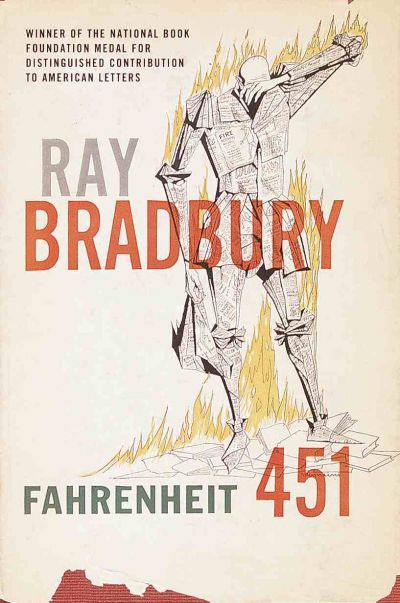E-books to overtake printed books by 2018, report says
... but Waterstones founder derides 'garbage about the strength of the e-book revolution'

Your support helps us to tell the story
From reproductive rights to climate change to Big Tech, The Independent is on the ground when the story is developing. Whether it's investigating the financials of Elon Musk's pro-Trump PAC or producing our latest documentary, 'The A Word', which shines a light on the American women fighting for reproductive rights, we know how important it is to parse out the facts from the messaging.
At such a critical moment in US history, we need reporters on the ground. Your donation allows us to keep sending journalists to speak to both sides of the story.
The Independent is trusted by Americans across the entire political spectrum. And unlike many other quality news outlets, we choose not to lock Americans out of our reporting and analysis with paywalls. We believe quality journalism should be available to everyone, paid for by those who can afford it.
Your support makes all the difference.The dystopia envisioned by Ray Bradbury in his book Fahrenheit 451 may never come true. But not because of a non-repressive government – from a lack of printed books to burn.
A new report by Pricewaterhouse Coopers (PwC) suggests that the sale of e-books will overtake that of printed books by 2018.
The report said the consumer e-book market will increase by over 250 per cent from £380 million to £1 billion, which will coincide with the sales of printed books falling by a third to £912 million. PwC said about half of the UK will own an e-reader like a Kindle or Kobo by this time as well.
PwC also expects the UK’s entertainment market to increase to £64 million by 2018 with filmed entertainment at £4.6 billion and video games at £4.1 billion.
Phil Stokes, an entertainment and media partner at PwC, said this growth is being driven by the internet and consumers' love of technology.
“The entertainment and media industry is at the forefront of the digital revolution, because so many of its products and services can already be delivered in digital form,” he told the BBC.
“It may not be long before digital revenues from print, film, publishing, and music overtake physical revenues in some markets.”
Amazon would be the primary benefactor from this digital boom as the company has 79 per cent of the e-book market in the UK, while Apple’s iBookstore was second with 9 per cent, an Ofcom study showed late last year. The study also showed that 49 per cent of people paid for all of their e-books, while 31 per cent read them for free.
Tim Waterstone, founder of Waterstones, disagrees with PwC’s prediction though. He said at a panel at the Oxford Literary Festival that the e-book revolution will come crashing down soon.
“I think you read and hear more garbage about the strength of the e-book revolution than anything else I’ve known,” he said.
“The e-books have developed a share of the market, of course they have, but every indication – certainly from America – shows the share is already in decline. The indications are that it will do exactly the same in the UK.”
Waterstone doesn’t see the printed word going anywhere, despite the rise of e-books because of Britain's innate love of literature
“Print on paper has lasted for centuries. It’s one of the most wonderful, really successful consumer products of all time,” he said.
Join our commenting forum
Join thought-provoking conversations, follow other Independent readers and see their replies
Comments